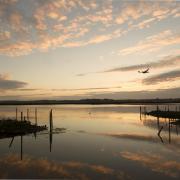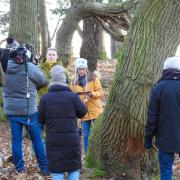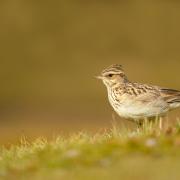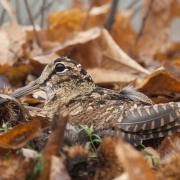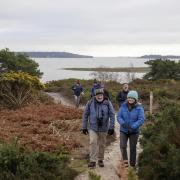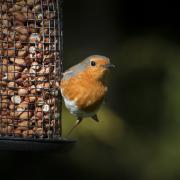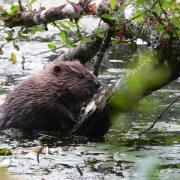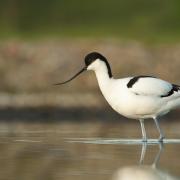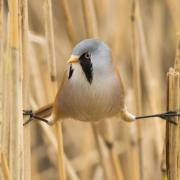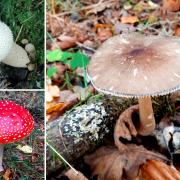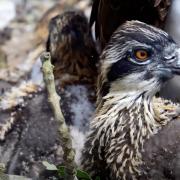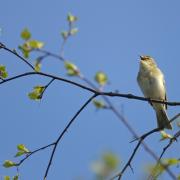Recent reports claim the neonicotinoid ban is jeopardising our oilseed rape crop. So should we lift the ban? Brigit Strawbridge tells us why this is a disaster in the making
Neonicotinoids are the world’s most widely used pesticide and they are killing our bees. I struggle to understand how the ‘powers that be’ can be so short sighted that they appear to prioritise the short term health of the economy over the long term health of the entire planet’s ecosystems.
If I had a penny for every person who’s told me they thought neonicotinoids were banned last year I’d be a rich woman. In fact they have not been ‘banned’. Far from it. In December 2013 the EU Commission ‘partially and temporarily restricted’ three of them (Imidacloprid, Clothianidin and Thiamethoxam) on crops attractive to honeybees. This restriction - which the UK government voted against - is due to be lifted in December 2015.
In the mean time things are getting worse. At first, it seemed this was all about honeybees, but now it is clear that bumblebees and other invertebrates are also affected. This is having a knock-on affect on the small birds, mammals, reptiles and amphibians that rely upon these creatures for their food. Just a few neoicotinoid coated wheat seeds left on the ground after sowing can prove lethal if ingested by a partridge...and who knows what else is being affected? However, we should also consider that neonicotinoids and other pesticides are not the sole cause of declining biodiversity. Habitat loss is as important and both need to be tackled to reverse the decline.
When these pesticides appeared on the market back in the 1990s, we were assured by the companies who manufacture them that they were (are) safe for bees, much in the same way as we were told back in the 1960’s that DDT was safe for humans.
I fully appreciate why raising awareness of the dangers of using neonicotinoids is provoking a backlash from those who believe there is no alternative, but as Dutch toxicologist Henk Tennekes points out in his book of the same title, their ongoing use truly is A Disaster in the Making . We cannot afford to become complacent; especially when there is growing evidence that much of their use is unnecessary and ineffective.
Life on planet Earth is underpinned by invertebrates and other small creatures that are now being destroyed in their billions by neonicotinoids and other pesticides, so, to my mind, this issue is as important and pressing as any other current environmental concerns. Painful though it might seem to those who believe our crops will all fail if seeds and plants are not treated with neonicotinoid pesticides, there must be a better way to manage this?
I am neither scientist nor farmer. But, having followed this issue since the media first started reporting on honeybee CCD (Colony Collapse Disorder) and read numerous scientific reports whose findings are, quite frankly, terrifying, my instincts scream out to me that the continued and indiscriminate poisoning of invertebrates, not to mention the air, water and soil we rely upon to sustain life is extremely dangerous.
We need to consider ways of growing our crops without the prophylactic use of neonicotinoid pesticides, and search for more sustainable ways to feed the world. Perhaps an increase in small scale organic farming should be considered? Whatever the solution, the problem needs to be owned and addressed by us all: scientists, growers, governments and consumers alike.
It’s all very well people making a big noise, as they have recently, about the possibility of oil seed rape crops failing, but surely the alternative, of no pollinators left to pollinate those crops anyway, doesn’t bear thinking about?
Visit Brigit’s blog at beestrawbridge.blogspot.com.
--------------------------------------------------
Read on
• *VIDEO* Wryneck at Portland Bill• Winter in Dorset - photography, things to do and walks to enjoy• How the countryside and ecotherapy has helped depression and obesity




